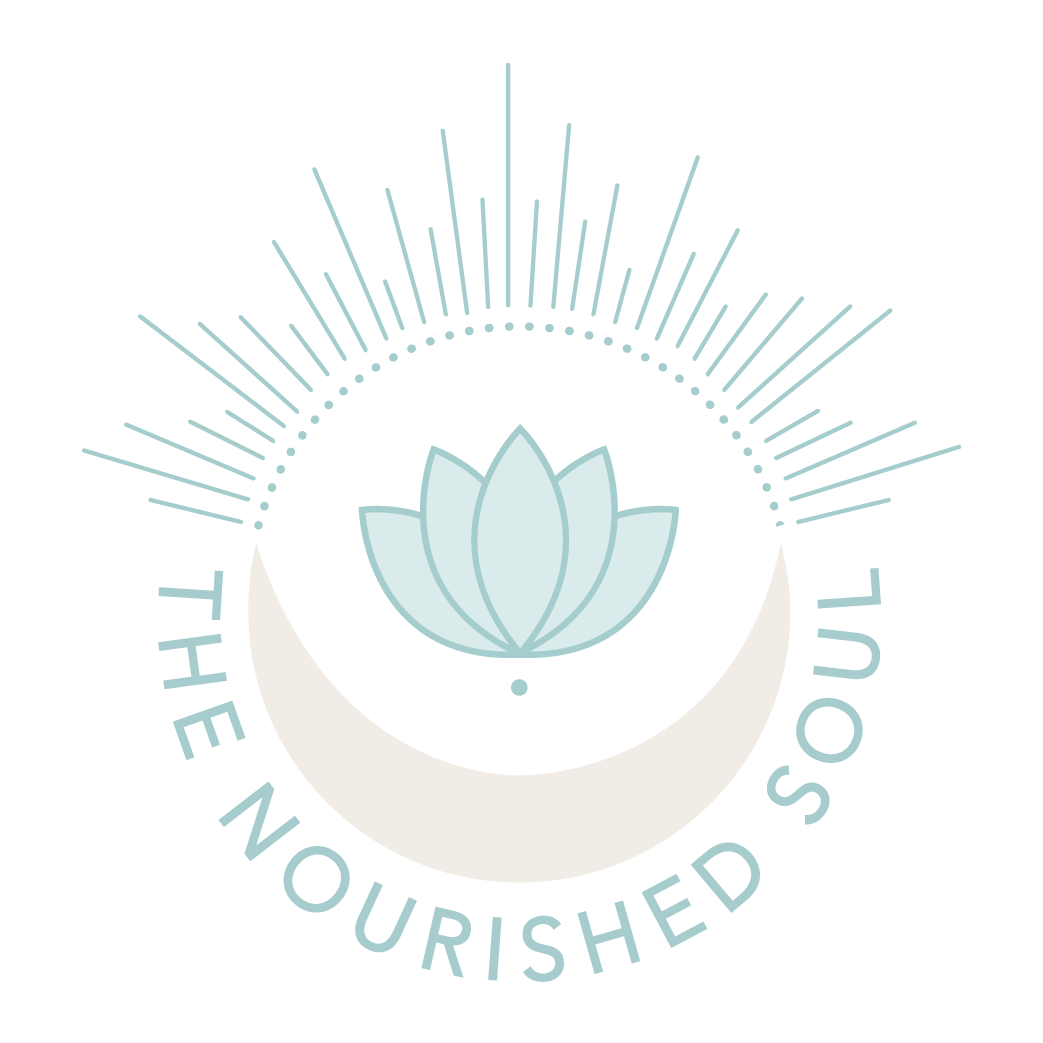Top 5 Tips for a Better Sleep
How are your sleep habits?
Lack of sleep and sleep disorders have become a global epidemic where exhaustion has become the norm and caffeine the solution. With so much information available in our fast-paced world and more light pollution than ever before, it’s no wonder our sleep patterns have been disrupted. We have become so accustomed to expect ourselves to be ‘on’ all the time that sleep seems to have moved down on the priority list - I can totally relate to this can you? It seems sleep has lost its value in the modern world, but it may be just the thing that could help us heal it.
Why is sleep so important?
During sleep, our organs have time to rest and repair, our tissue and cells regenerate and muscle growth occurs. It is our body's time to repair and heal itself.
Hormones are released that help control appetite, stress, growth, mood and more.
Storage and sorting of memories.
Improves immune and cognitive function.
Many of us frequently wake up feeling exhausted, irritable and run down even though it feels like we ‘slept’. We often lay in bed tossing and turning thinking about our endless to-do list for the following day and can’t seem to turn our brain off. So why is this happening?
Factors that may be affecting your sleep
Caffeine consumption
Caffeine triggers the adrenals to produce adrenaline sending your body into a fight/flight response. Many people have become so used to running off of adrenaline that they rely on this feeling to get them through the day. I call it the ‘tired but wired’ feeling. Oftentimes, this can disrupt our sleep patterns and cause us to frequently wake at night or make it hard to fall asleep.
Late Night Snacking
Snacking before bed can keep you awake as your digestive system is active. I recommend having a lighter meal for dinner and stopping eating 3-4 hours before bed to help your system wind down.
Blue Light Exposure
So many of us use our computers and phones right before we go to bed that has blue light coming from the screens. This can disrupt our circadian rhythm and lower melatonin production by signalling to our bodies that it is light out, making it harder for us to fall and stay asleep.
Substances
Alcohol and other sleep aids like sleeping pills may get you to sleep initially, but actually have adverse effects on our sleep, can cause dependency and can even affect our memory long-term. A natural sleep aid that works well for many people is melatonin. I recommend investing in a high quality, low dosage one to start and taking it a least an hour before you want to go to sleep.
How to Create Healthy Sleep Habits
Lower your caffeine intake
I know this is a challenging one, but there are amazing alternatives and options out there. You can try green tea, decaf or even matcha which has less caffeine. Stopping drinking caffeine around 3pm can help as well.
Create a peaceful environment
Do you bring electronics into the bedroom? Is your room cluttered? Try to create a calm and relaxing space that is solely for sleeping. Light blue and soft colours and dim lights help calm the nervous system. Even a diffuser with lavender or camomile essential oils will help set the tone for sleep.
Getting into bed 1 hour before
It’s hard for our bodies to go from 100-0 so quickly. Getting horizontal an hour before you want to sleep signals to your body that it’s time to rest and relax. Be sure to turn off your electronics or set them on airplane mode so you won’t have any distractions.
Create a bedtime routine
Having a bedtime routine can signal to your body that it’s time to relax and get ready for bed. Taking a warm bath or shower, reading, journaling, meditation or drinking a relaxing tea can help you get into the right headspace to a restful sleep.
Go to bed and wake up a the same time
Our bodies like routine. Getting your body into the habit of falling asleep at the same time each night and waking up at the same time will help with the quality of your sleep.
I hope these tips lead you to a more restful and deeper sleep! As someone who has struggled with sleep for quite some time, I know how challenging it is and it can take time to find what works best for you.
If you are struggling with sleep and would like to improve your energy levels, head to my work with me page to learn more about my health coaching programs and how they can benefit you.
I would love to help you on your health journey!
Warmly xo


